Whether you’re more afraid of the forces of order or the forces of chaos is generally a matter of disposition. A natural anti-authoritarian who despises being told what to do – especially when told to do something stupid – I’m more horrified by excesses of order. Granted, my greater fear of the state may simply betray that I’ve largely lived in an orderly western world, and after a few dog-eat-dog nights of mayhem and carnage I might change my tune. Nevertheless, during the Covid lockdowns, for example, I was less distressed by the odd neighbour who dared to invite a friend to tea than by most Britons’ blind, bovine compliance with an economically self-destructive, socially disastrous, politically despotic and medically idiotic regime.
So it’s a relief to see the British display some spunk. Apologies to my betters at The Spectator for celebrating law-breaking and the destruction of public property, but the systematic vandalism of traffic cameras in Greater London warms the cockles of my heart and puts a smile on my face. Due to go live in August, the vast expansion of Mayor Sadiq Khan’s Ultra Low Emission Zone will hit about 700,000 motorists in London with a stonking £12.50 charge per day because their older cars don’t meet emissions requirements (dependent on historically dubious testing). In the surrounding ten counties, the owners of 1.6 million cars whose bumpers nose into the newly sprawling Ulez will also be fined the equivalent of ten litres of milk or 16 loaves of bread. According to Nick Arlett, the retired builder with mobility problems behind Facebook’s 30,000-member Action Against Ulez group, the expansion would leave him housebound.
In theory, Khan’s overreach is intended to improve the quality of the city’s air, which has never been cleaner. Yet the Jacobs Report, which Khan himself commissioned, found the carbon emissions reduction of Ulez-plus would be ‘negligible’, while disproportionately punishing low earners. Post-Covid, Transport for London has run in the red. Like so many top-down green tyrannies, this one is a fig leaf for picking the public pocket.
The folks behind the stealing and vandalising of at least 200 enforcement cameras are not your standard rabble-rousers: older, often of modest means and formerly apolitical. A semi-retired HGV driver organising UK Unites, which claims to represent 2.5 million people opposing this and other ‘anti-car’ initiatives, Phil Elliot believes even the police are on the protestors’ side: ‘They are us. They are driving old cars and they hate Sadiq Khan.’ Elliot believes that Ulez expansion may be the straw-on-camel event that ‘makes the country go bang’.
After all that spineless submission to lunacy and authoritarianism during Covid, I’ll believe this country has the capacity to ‘go bang’ when I see it. Yet a flood of heavy-handed control freakery in the name of greeniness and alternative transportation – the ‘15-minute cities’ that would imprison urbanites in their own tiny neighbourhoods, the crippling 20mph restrictions across swaths of residential roadways – seems to be triggering a gathering popular rage even among the commonly placid British people. I’m reminded of that prophecy from the Japanese admiral who planned the attack on Pearl Harbor: ‘I fear all we have done is to awaken a sleeping giant and fill him with a terrible resolve.’
For two years now, popular resistance to local councils’ clumsy Low Traffic Neighbourhoods has gone well beyond passive indignation. All over the UK, the obstructive posts, bollards and planters that impede motorised vehicles have been run over, spray-painted, ripped out, sawn off and set on fire. Honestly? I think all this spontaneous civil disobedience is splendid.
I should declare myself. I live in London. I don’t drive. I cycle everywhere. Ulez expansion won’t directly cost me. This infernal constellation of interfering initiatives – from the very panjandrums charged with facilitating our getting from A to B rather than making it impossible – is supposedly in my interest. But I’m no sanctimonious cyclist. When I encounter a giant flowerpot plunked in a two-way street, deliberately positioned so that I personally can scoot beside it while cars heading both directions are squeezed into a single lane, I’m embarrassed. I do not require giant flowerpots to go about my business, and it infuriates me that these moronic policies are instituted in my name.
Furthermore, I sometimes require tradesmen, who travel with their tools in vans. I order immoderately from Amazon. The groceries I cram in my panniers at tills have all been delivered to the supermarket in petrol- or diesel-fuelled lorries. I rely on motor vehicles, too.
We’ve entered an era of unaccountable bureaucratic imposition that’s only going to get worse, especially as fines for violating all these new rules are nice little earners for municipalities. In pursuit of net zero, recycling, pedestrian safety or pollution control, fees and restrictions are raining upon our heads after no public consultation. Bans on the sale of new petrol cars by 2030 and gas boilers in new homes by 2025 that no one voted for are just the beginning of a self-righteous totalitarian tinkering with our daily lives that makes a mockery of the notion that democracies are governed by consent.
Yet in the big picture, governments do need our consent. They can’t easily enforce daft policies without us commoners’ co-operation. I’d not advocate rebellion via the kind of rioting seen in Ely last week. But earlier this year, farmers opposing the state’s massive co-optation of their land to halve nitrogen runoff brought the Netherlands to a standstill with tractors. Conjured solely from this protest, a whole new political party is now the largest in the Dutch parliament’s upper house. Authorities can’t do whatever they like to us unless we let them.
In The Wizard of Oz, Dorothy discovered that she’d all along had the power to go home, because she was wearing the ruby slippers. Had throngs of Brits come out on the streets and said ‘No, sorry, we’re not having it’, Covid lockdowns would have been abandoned. Slow to anger, yes, but the British public should never forget that they’re wearing Dorothy’s shoes.
Got something to add? Join the discussion and comment below.
Get 10 issues for just $10
Subscribe to The Spectator Australia today for the next 10 magazine issues, plus full online access, for just $10.
You might disagree with half of it, but you’ll enjoy reading all of it. Try your first month for free, then just $2 a week for the remainder of your first year.


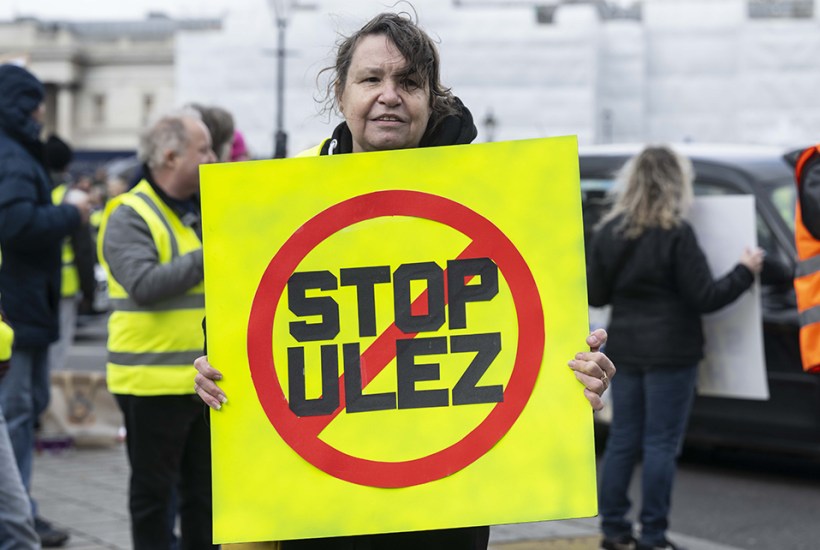
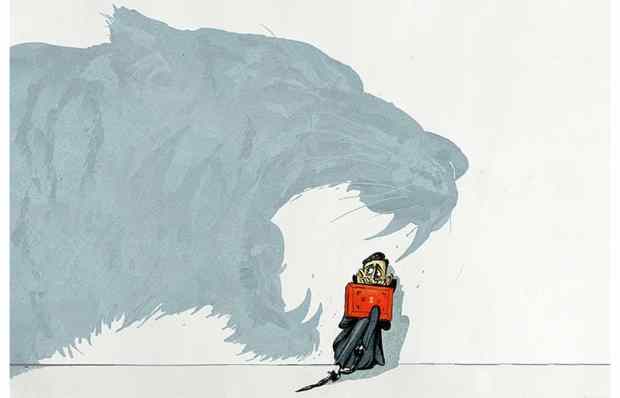
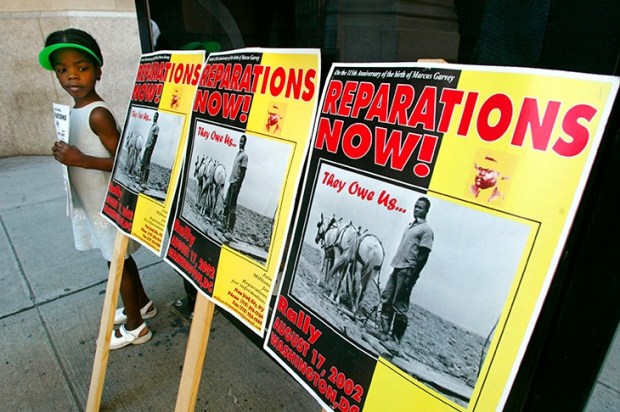
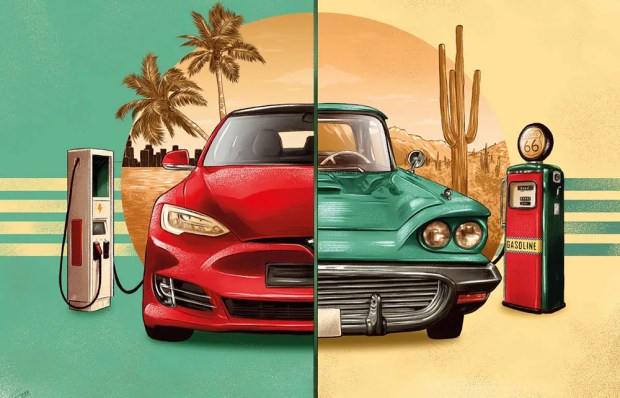
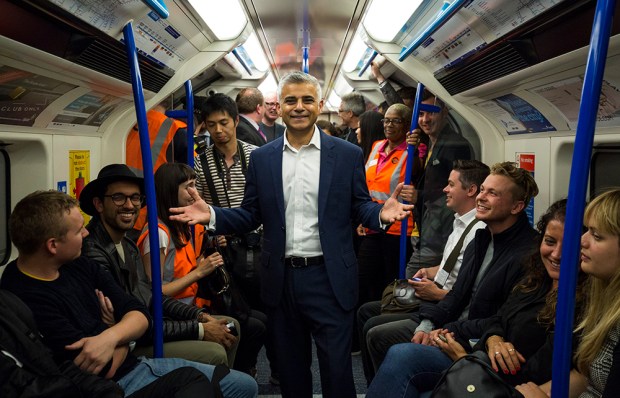
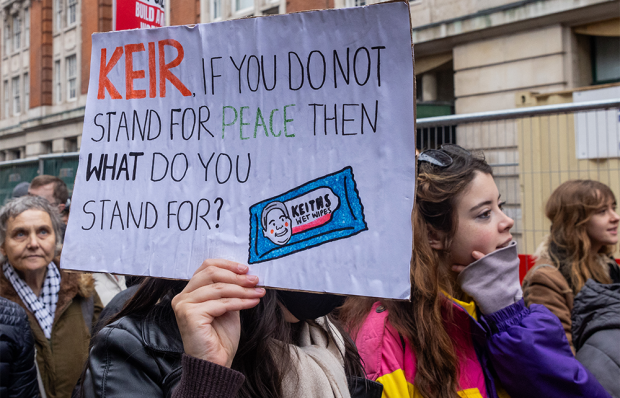







Comments
Don't miss out
Join the conversation with other Spectator Australia readers. Subscribe to leave a comment.
SUBSCRIBEAlready a subscriber? Log in